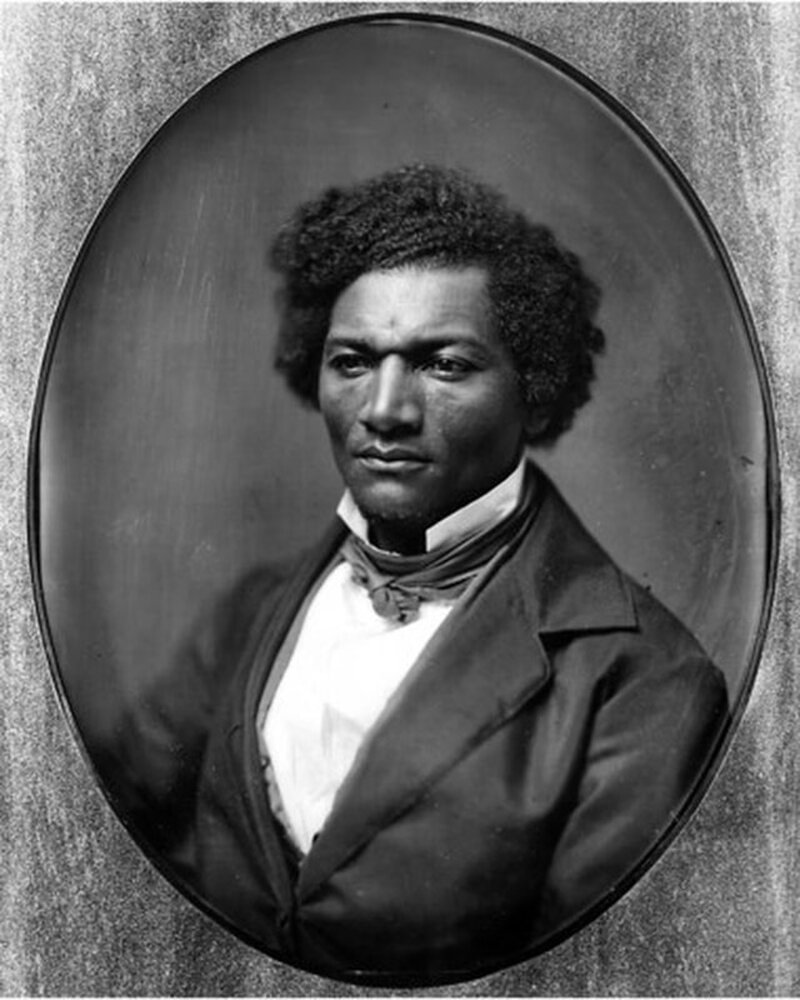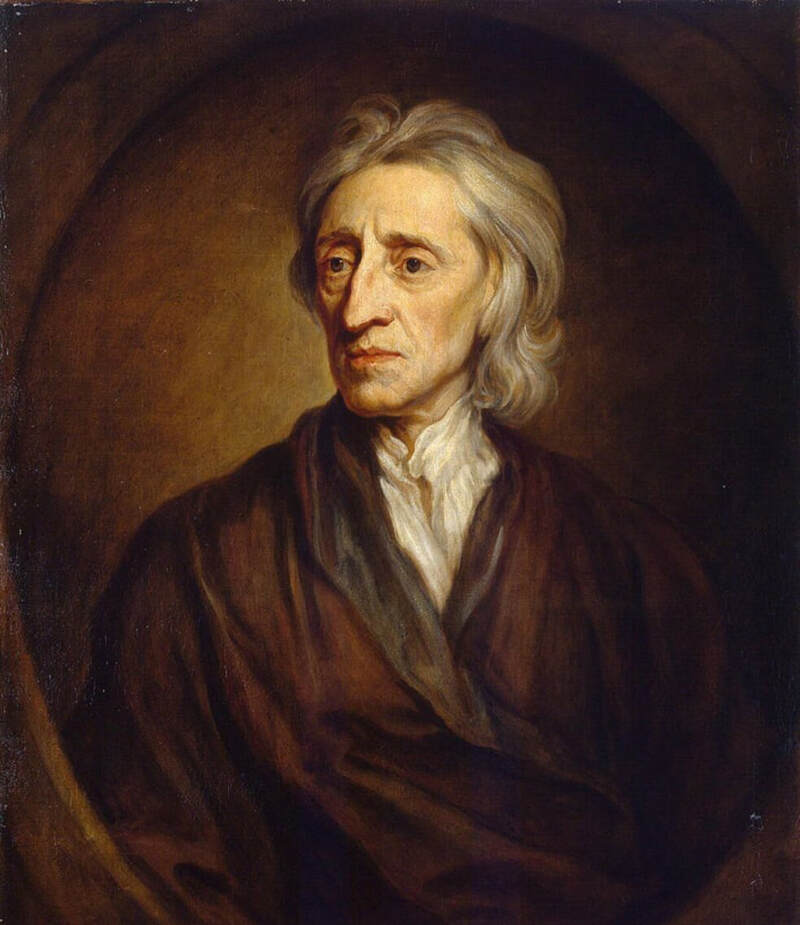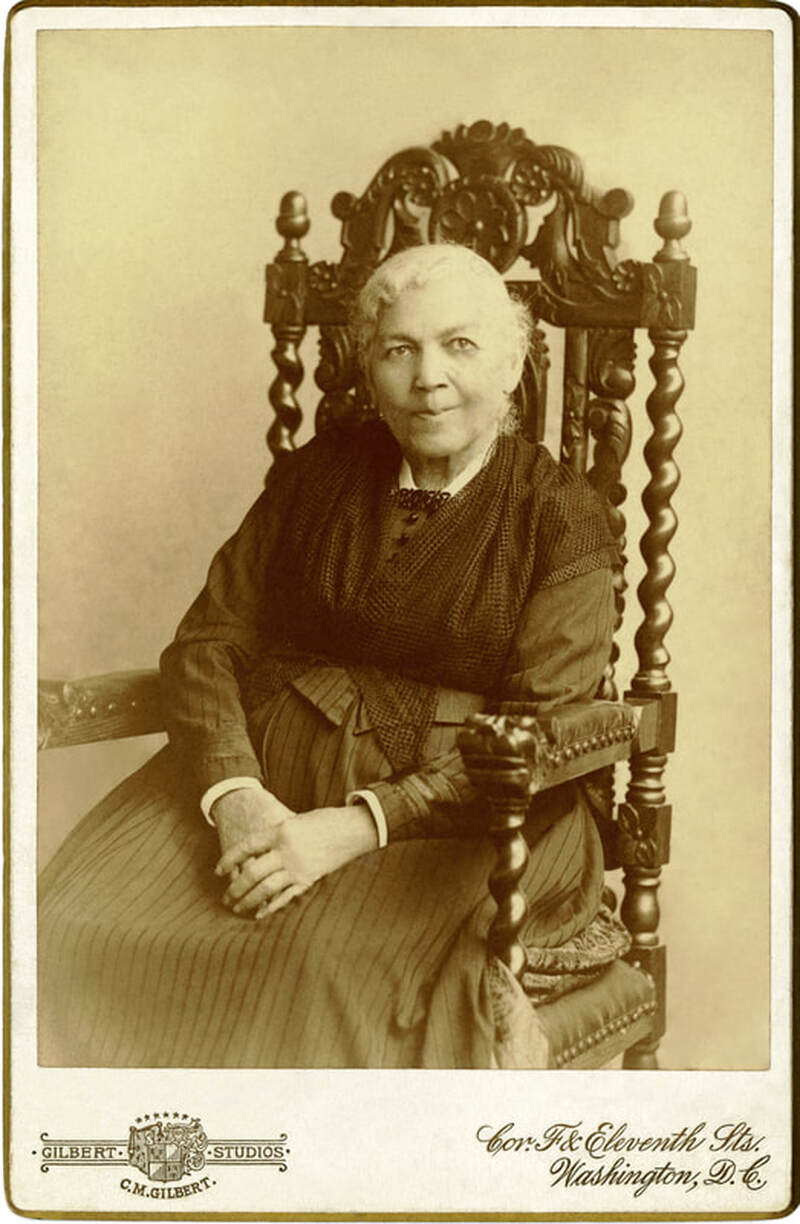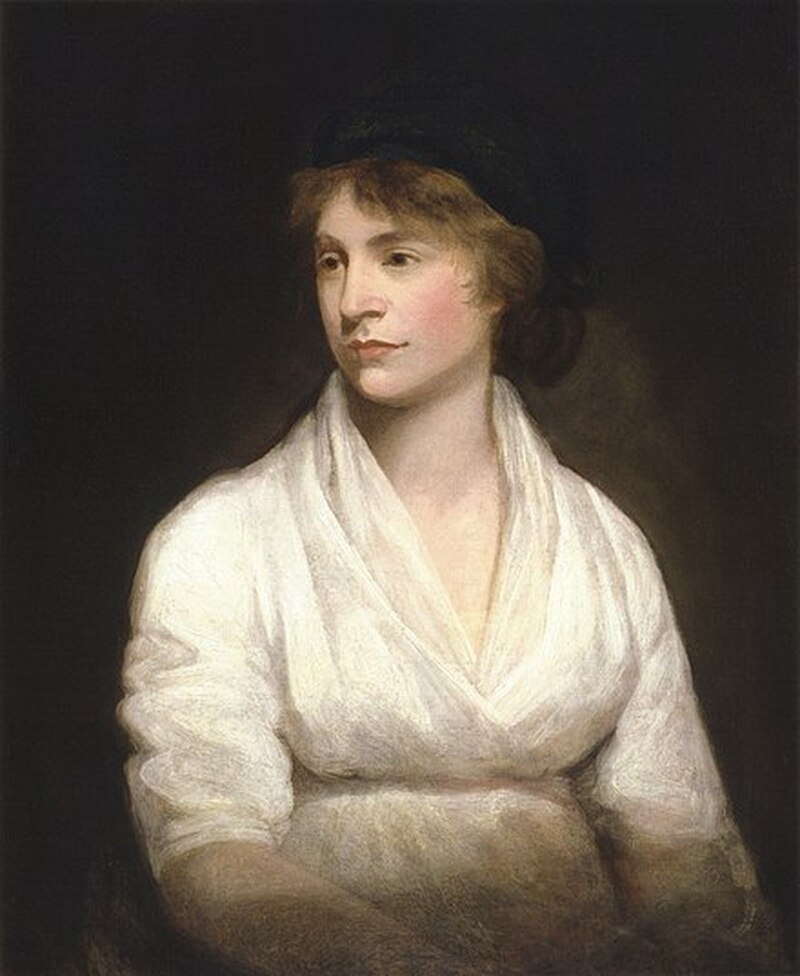Narratives of Freedom
What narratives are told in the philosophy we teach about freedom? What philosophy is present in narratives of freedom not normally included in our discipline’s curriculum?
My approach is to put key enlightenment-era (late 17th to 18th Century) texts that are part of the “Social Contract” and “deontological” (duty-based) tradition in ethics and political philosophy in conversation with key texts from the Black Atlantic and American slave narrative tradition. For example, classics such as Thomas Hobbes’ Leviathan, John Locke’s Second Treatise of Government as well as his letter on Toleration and selected sections from his The Fundamental Constitution of Carolina, Jean-Jacques Rousseau’s Discourses and The Social Contract, and of course, Immanuel Kant’s Grounding for the Metaphysics of Morals are put into direct dialogue with the classic slave narratives included in this course. The pairing of these two intellectual strands and giving each its proper due is intellectually demanding. Learning these two traditions together, however, magnifies the monumental ideas they contain and vigorously criticize and defend: for example, domination, natural law, liberty, equality, democracy, political representation, civic fraternity and sorority, individual civil rights, slavery, property, consent, and tolerance. Moreover, just as both traditions present, either directly or indirectly, political treatises, they both provide “narratives” about the emergence of free, equal, and enlightened modern “men,” the birth of civil society, and the justification of political power. These treatises and narratives lead us to directly confront a conceptual conflict behind centuries of racial, class, and gender domination and understand and appreciate more deeply the struggle for liberty, equality, and the hope for individual, social, and political transformation.
My approach is to put key enlightenment-era (late 17th to 18th Century) texts that are part of the “Social Contract” and “deontological” (duty-based) tradition in ethics and political philosophy in conversation with key texts from the Black Atlantic and American slave narrative tradition. For example, classics such as Thomas Hobbes’ Leviathan, John Locke’s Second Treatise of Government as well as his letter on Toleration and selected sections from his The Fundamental Constitution of Carolina, Jean-Jacques Rousseau’s Discourses and The Social Contract, and of course, Immanuel Kant’s Grounding for the Metaphysics of Morals are put into direct dialogue with the classic slave narratives included in this course. The pairing of these two intellectual strands and giving each its proper due is intellectually demanding. Learning these two traditions together, however, magnifies the monumental ideas they contain and vigorously criticize and defend: for example, domination, natural law, liberty, equality, democracy, political representation, civic fraternity and sorority, individual civil rights, slavery, property, consent, and tolerance. Moreover, just as both traditions present, either directly or indirectly, political treatises, they both provide “narratives” about the emergence of free, equal, and enlightened modern “men,” the birth of civil society, and the justification of political power. These treatises and narratives lead us to directly confront a conceptual conflict behind centuries of racial, class, and gender domination and understand and appreciate more deeply the struggle for liberty, equality, and the hope for individual, social, and political transformation.



